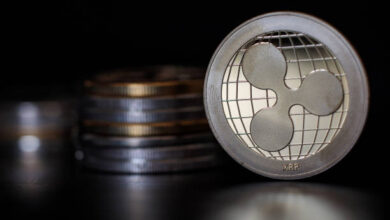Turkey Imposes New Restrictions on Credit Cards and Auto Loans
Turkey Imposes New Restrictions on Credit Cards and Auto Loans


Turkey Imposes New Restrictions on Credit Cards and Auto Loans
The Turkish Central Bank has implemented a set of new rules to curb borrowing through credit cards and restrict lending in certain sectors as the country attempts to control inflation by taking alternative measures to avoid economic destruction.
Just days after raising interest rates by less than expected for the second time, policymakers revealed changes in the rules that will make cash withdrawals using credit cards more costly for consumers.
The Central Bank also announced stricter restrictions to limit the increase in auto loans and other forms of commercial credit.
However, export and investment loans will be exempted from these restrictions within other borrowing forms. The Central Bank described the measures related to limiting the use of credit cards as “part of its attempt to curb inflation and restore balance in domestic demand.”
How is Turkey fighting inflation?
Taming inflation, which still hovers around 40%, poses a significant challenge to Turkey, as a large influx of credit continues to flow into some parts of the economy, which has a $900 billion size, especially with local elections approaching in less than a year.
With the crisis of soaring living costs still hanging over the Turkish economy from last year, credit card spending has soared to a record level as an alternative to bank loans that carry much higher interest rates.
Under the new leadership of the central bank governor, Sahap Kavcioglu, the central bank has raised official borrowing costs by about 9 percentage points and implemented some monetary tightening through alternative measures.
The benchmark interest rate now stands at 17.5%, but the real interest rate remains negative when inflation is factored in, and the gap is significant.
“Bloomberg Economics” currently expects consumer price inflation in Turkey to reach 55% by the end of 2023, compared to its previous forecast of 47%.
Arcan, the central bank governor, will present his first report on inflation next Thursday, where it is expected to be significantly higher than the central bank’s estimates, which currently expects inflation to reach 22.3% by the end of this year.
In response, the finance minister, Mehmet Simsek, described the recent measures as “aligned with the goal of improving Turkey’s balance of payments and reducing the overall deficit and inflation.”
Simsek, a seasoned expert who previously worked on Wall Street similar to Arcan, added in a tweet on Twitter that Turkey “will continue to redirect its limited resources to support exports and investments.”




